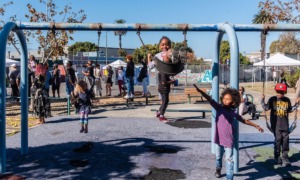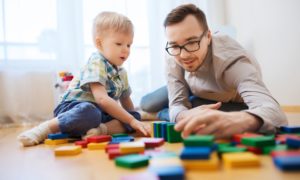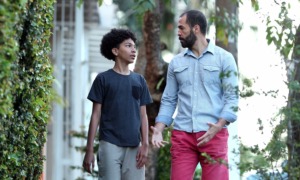Author(s): The United Nations Children’s Fund (UNICEF)
- Tara Dooley
- Timothy Ledwith
Published: December 2018
Report Intro/Brief:
“For many uprooted children, the journey from home can be profoundly lonely and plagued by challenges that put their health, education and futures at risk.
Nearly 40 per cent of migrants and refugees aged 14–24 who participated in a new poll said they received no help at all during their journey in search of a safe and a better future – not from family, not from friends, not from institutions.
About 40 per cent said they travelled alone. Nearly half reported that they did not see a doctor when they needed one. Eighty per cent of those who were forced to migrate because of war, conflict or violence described missing valuable time in school.
“You can’t trust anyone,” said a 17-year-old boy from Egypt. “And no one will help you for free and you always must be careful.”
These insights were provided as part of a poll conducted in September and October 2018 by UNICEF through U-Report, a social messaging tool for young people. The questions were sent digitally to U-Report users around the globe, and about 4,000 migrants and refugees aged 14–24 responded. The goal of the poll was to encourage children and young people to speak out about their experiences so their voices could be heard and heeded.
Globally, 30 million children lived outside their country of origin in 2017. About 12 million children were refugees and asylum seekers. Million more have been affected by international migration. For example, some are stateless because they were born outside the borders of their parents’ home country. Others experience family disruption when their parents migrate.
Far too often, millions of uprooted children and young people are invisible in data. They face discrimination and isolation as they seek to make new lives for themselves. Many do not have access to national or local services and fall through the cracks of child protection systems as they cross borders. Indeed, data are scarce, and little is known about their health, their education, or how migration affects their futures.
Too often, they are talked about, but rarely are they listened to.
This new poll provides an opportunity to listen.
The results do not capture the typical experiences of all migrant and refugee children and young people because the results were not drawn from a representative sample. But the insights presented in these pages highlight some of the challenges and triumphs children and young people face when they leave their homes in search of a better future.”
>>> CLICK HERE to see all of Youth Today’s REPORT LIBRARY































